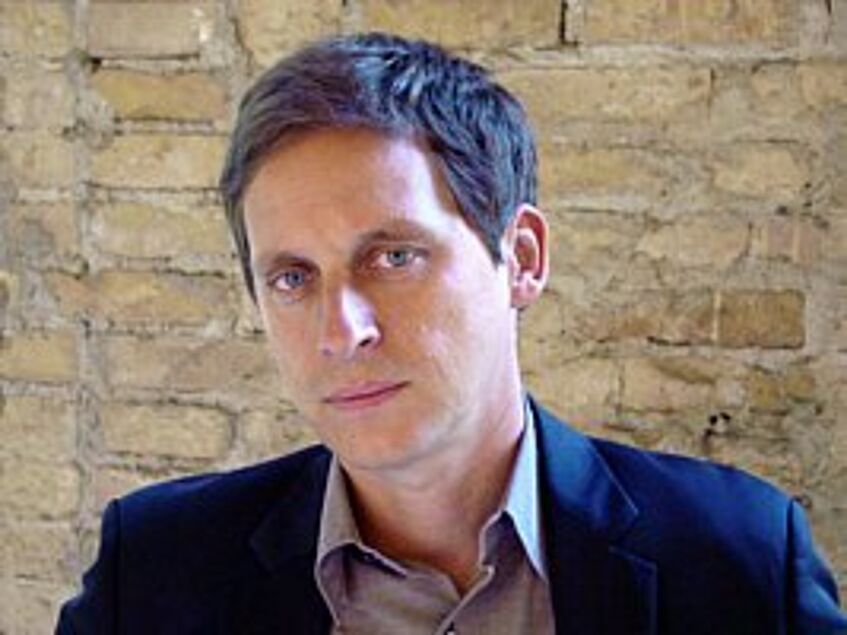7th Gerald Stourzh Lecture on the History of Human Rights and Democracy
Stefan-Ludwig Hoffmann
Human Rights and History
20 May 2015

Stefan-Ludwig Hoffmann is Associate Professor for Late Modern European History and Director of the Human Rights Program at the University of California Berkeley. After studies on the history of German freemasonry in the nineteenth century and civil society in a transnational comparison he has focused his research on the history of human rights and contemporary German history. Stefan-Ludwig Hoffmann is currently working on a short history of human rights and on a book on Berlin in the 1940s and its transformation from capital of the Nazi Empire to a metropolis of the Cold War.
Selected publications: Die Politik der Geselligkeit: Freimaurerlogen in der deutschen Bürgergesellschaft, 1840-1918. Kritische Studien zur Geschichtswissenschaft (Vandenhoeck & Ruprecht 2000, engl. University of Michigan Press 2007); Geselligkeit und Demokratie. Vereine und zivile Gesellschaft im transnationalen Vergleich 1750-1914 (Vandenhoeck & Ruprecht 2003); ed. Moralpolitik. Geschichte der Menschenrechte im 20. Jahrhundert (Wallstein 2010); ed. Human Rights in the Twentieth Century (Cambridge University Press 2010);ed. with Sandrine Kott, Peter Romijn, Olivier Wieviorka: Seeking Peace in the Wake of War. Europe, 1943-1947 (Amsterdam University Press 2015).
Homepage of Stefan-Ludwig Hoffmann
Abstract
This talk focuses on the emergence of international human rights as a moral, political, and legal response to the late twentieth-century crisis. The main argument is that human rights idealism surged especially in the immediate aftermath of the Cold War, when visions of a new, imminent Kantian world order came into conflict with the realities of ethnic cleansing (Bosnia, Rwanda) and religious fundamentalism. In other words, the talk suggests a shift in our understanding of human rights history. "Human rights" has a long pedigree that can be traced back to the moral critique of the late Enlightenment. Its late twentieth-century revival, however, is not so much the cause as the product of the historical ruptures after the end of the Cold War.
Audio
Introduction by Margarete Grandner
